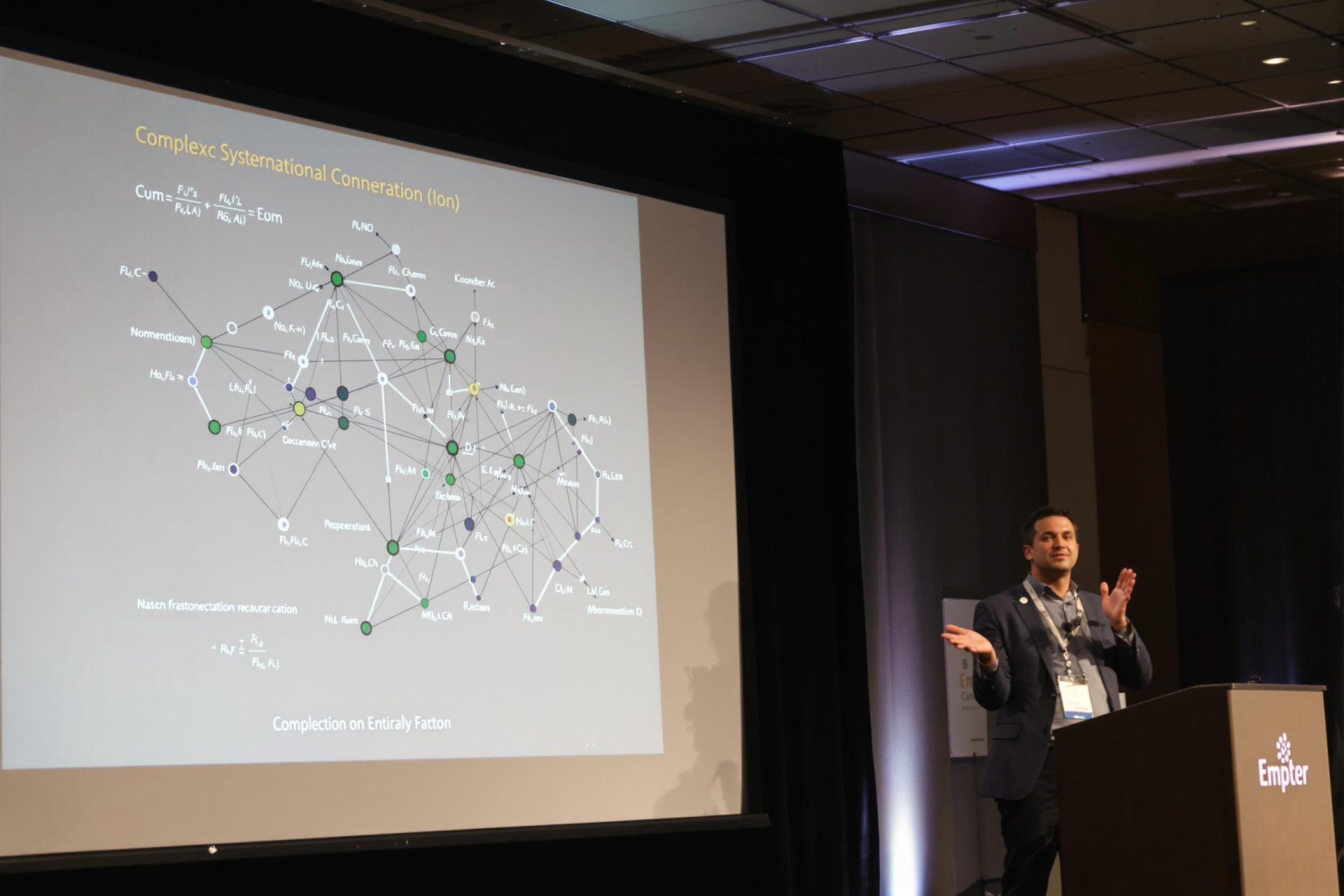Key Takeaways
- The US military research agency, DARPA, believes progress in mathematics is lagging compared to other scientific fields.
- DARPA launched project “expMath” to accelerate mathematical discovery using artificial intelligence.
- The goal is to create an AI “co-author” to help mathematicians formulate and prove complex ideas.
- Current AI systems struggle with advanced mathematics, despite advancements in other areas.
- DARPA is seeking innovative proposals on how best to build this AI math assistant, potentially using large language models or more unconventional methods.
The US Defense Advanced Research Projects Agency, known as DARPA, has set its sights on a new frontier: speeding up mathematics.
Officials feel that advancements in pure math are happening too slowly, especially when compared to the rapid growth seen historically in fields like life sciences and physics.
To tackle this, DARPA initiated a project called expMath. Its ambitious aim is to “exponentiate” mathematical research using the power of artificial intelligence.
The agency envisions an AI that can act as a collaborator for human mathematicians, helping them develop and prove new concepts and theorems.
DARPA recently held an event to gather ideas from the tech community for this initiative. They hope researchers will propose novel ways to build an AI capable of assisting with high-level mathematical work.
However, creating such an AI is a significant challenge. As noted during the DARPA event, even advanced AI models currently available often fail at sophisticated math problems they haven’t explicitly been trained on.
DARPA wants the AI to understand math problems described in plain language, break them down, translate them into formal proofs, and then explain those proofs back in simple terms.
Robin Rowe, founder of AI research institute Fountain Abode, attended the event and spoke with The Register. He described the goal as creating an AI partner comparable to a skilled graduate student who can assist with proofs – a step up from current AI capabilities.
There’s debate about the best technical path forward. One idea involves improving large language models (LLMs), the technology behind chatbots, to better handle mathematical reasoning.
But Rowe suggested other, perhaps more radical, approaches might be needed. These could involve AI that reasons visually using geometry, or even models based on how some mathematicians perceive numbers through sound or music.
DARPA has allocated three years for the expMath project, signaling the complexity involved. While some, like Rowe, are optimistic that breakthroughs could come sooner, especially with less conventional AI techniques, the path isn’t clear cut.
The central question is whether to refine existing language-based AI or explore entirely new ways for machines to grasp and advance the abstract world of mathematics.



